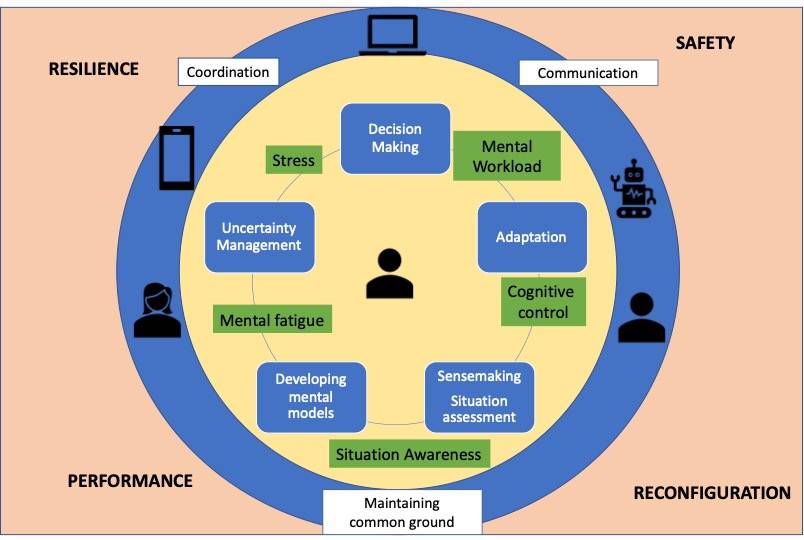〉Research directions
The FHOOX team intends to optimize human-system cooperation in complex systems, such as transportation systems (vessels, aircraft, autonomous vehicles), smart factories and crisis management system.
Design and modeling of sociotechnical systems is one of the main focuses of the FHOOX team. Those systems are made up of human agents and teams in interaction with technical agents which have their own properties (autonomy, intelligence, capacity to reconfigurate).
Research works carried out in this team participate in the debate about social, digital, technological and environmental transitions.
〉 Challenges
FHOOX focuses on adaptive mechanisms that enable the performance and resilience of operators, teams and systems. Main challenges concern:
the assessment of the operator's functional ability (in terms of mental load, stress, mental fatigue, etc.), from the fusion of behavioral and physiological data;
the human-machine dialogue design relying on the autonomous agent’s transparency;
the dynamic allocation of functions between human agents and technical agents;
the automatic generation, using model-driven engineering, of new supervision interfaces and control programs to enable the reconfiguration of a socio-technical system;
the definition of assistance in terms of automation or adaptative interface, driven by the operator states;
the acceptability and usability assessment of the proposed solutions, taking into account the different types of users (experts, novices, elderly or disabled people);
the evaluation of the safety culture or resilience level of a given organization.
〉 Team structure
Research works carried out within the FHOOX team concern three levels: the operator’s level (cognitive activities, cognitive states), the team’s level (cooperative processes, communication, dialogue), and level of the system (performance, reconfiguration, resilience, safety).

